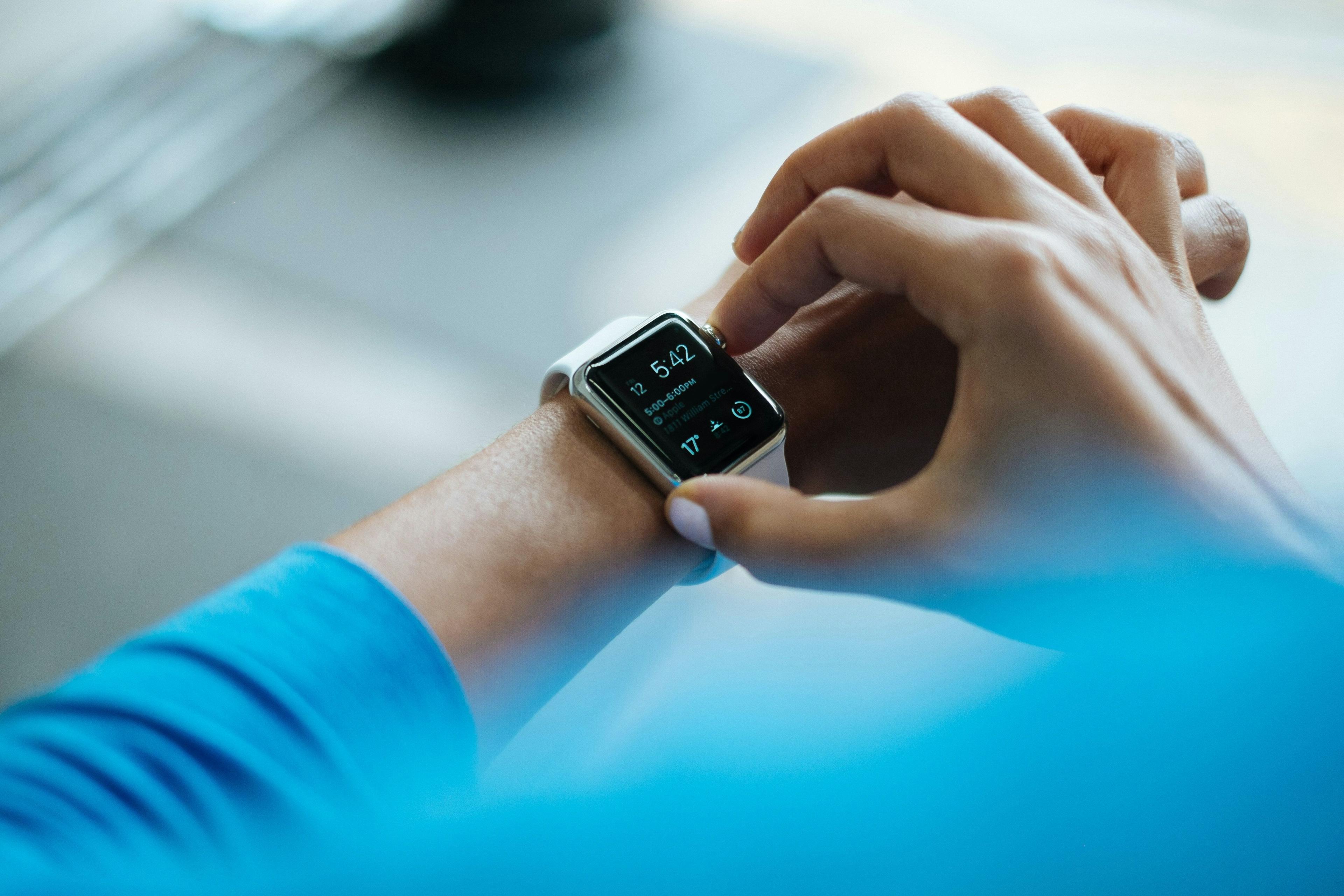What is Remote Patient Monitoring?

Remote patient monitoring (RPM) is a healthcare technology that enables healthcare providers to monitor patients outside of traditional clinical settings, such as in their homes. This is typically done through the use of connected medical devices, such as blood pressure monitors, glucose meters, and heart rate monitors, which transmit data to healthcare providers for analysis.
RPM is particularly useful for patients with chronic conditions, such as diabetes, heart disease, and hypertension, who require ongoing monitoring and management. By monitoring patients remotely, healthcare providers can track changes in patient health status in real-time, detect potential problems early, and intervene before conditions worsen.
Some benefits of RPM are:
- Increased convenience and flexibility, since you can remotely monitor your health from the comfort of your own home
- Improved communication and coordination with care teams
- Enhanced self-management and self-awareness, leading to better health outcomes
- Reduced need for in-person visits, leading to less time away from work or other responsibilities